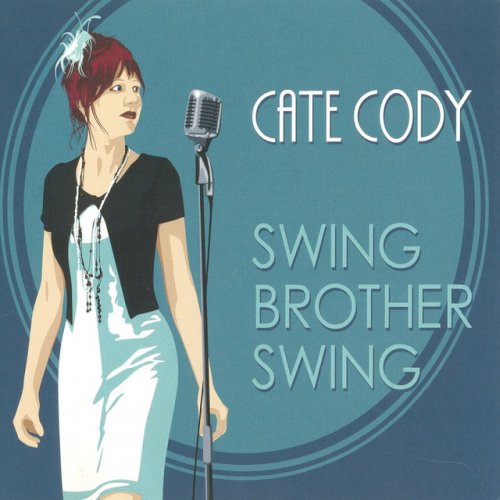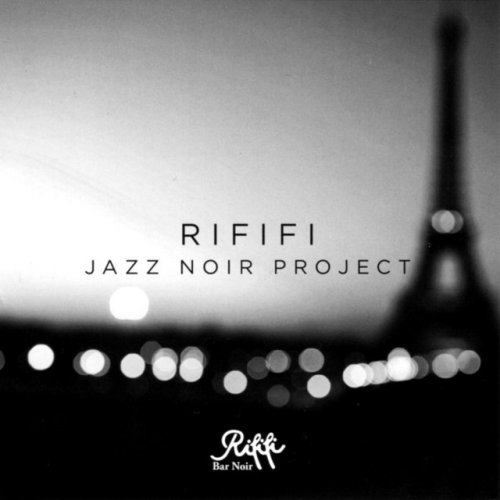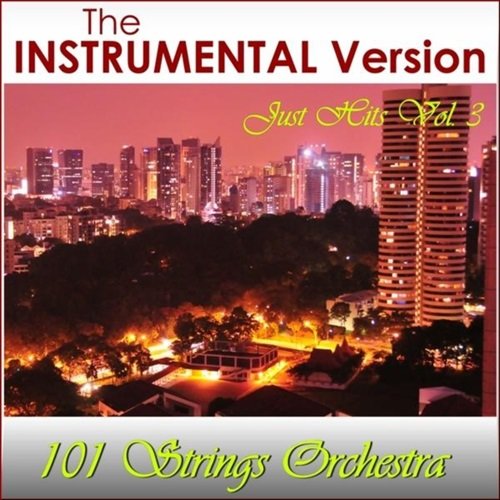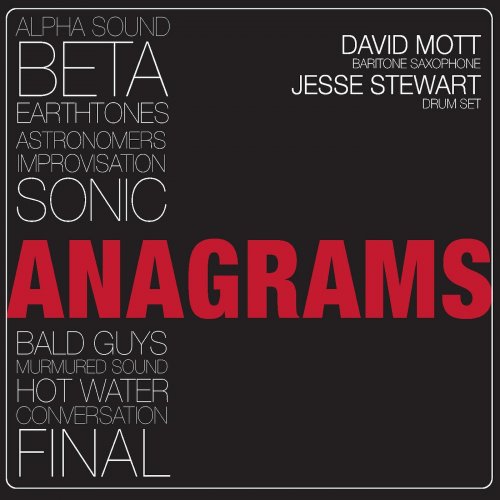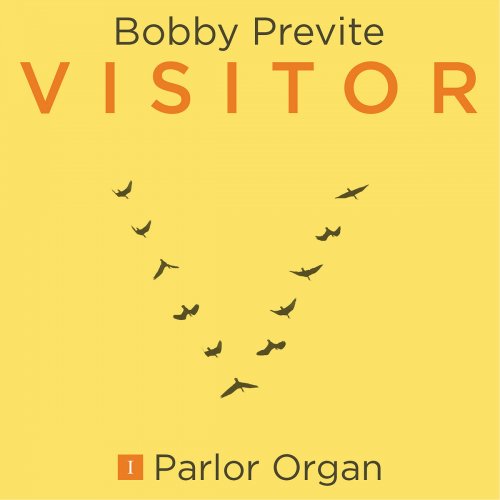Jeremy Summerly & Schola Cantorum Of Oxford - Palestrina & Lassus: Masses (1993)
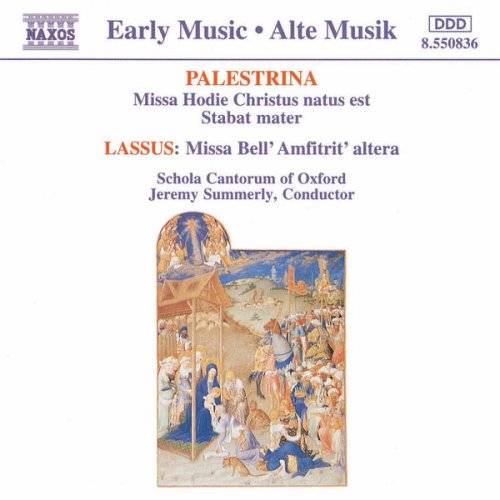
Artist: Jeremy Summerly & Schola Cantorum Of Oxford
Title: Palestrina & Lassus: Masses
Year Of Release: 1993
Label: Naxos
Genre: Classical
Quality: FLAC (image + .cue, log, artwork)
Total Time: 01:05:47
Total Size: 261 MB
WebSite: Album Preview
Tracklist:Title: Palestrina & Lassus: Masses
Year Of Release: 1993
Label: Naxos
Genre: Classical
Quality: FLAC (image + .cue, log, artwork)
Total Time: 01:05:47
Total Size: 261 MB
WebSite: Album Preview
Missa Hodie Christus natus est
1. Kyrie
2. Gloria
3. Credo
4. Sanctus
5. Agnus Dei
Motet: Hodie Christus natus est
6. Hodie Christus natus est
Stabat mater
7. Stabat mater
Missa Bell' Amfitrit' altera
8. Kyrie
9. Gloria
10. Credo from Missa Bell' Amfitrit altera
11. Sanctus
12. Agnus Dei
When Palestrina and Lassus died in 1594, Europe lost her two most prolific and celebrated composers. Between them they composed almost 160 masses and 900 motets, an achievement unparalleled in the sixteenth century.
Italian and Flemish respectively, Palestrina and Lassus were essentially conservative musicians. That is not to say that either composer lacked inspiration, merely that both chose to consolidate the musical style that they had inherited from their predecessors rather than to innovate. Any superficial similarity between the styles of the two composers is partly due to the fact that Lassus spent his impressionable teenage years in Italy thereby exposing himself to a musical heritage similar to that of Palestrina. Consequently it is difficult to compare Palestrina and Lassus without seeming to favour the achievements of one over the other. Palestrina was more consistent and Lassus more whimsical: it is for this reason that Palestrina's reputation has survived intact whereas Lassus is still waiting for unreserved acclaim.
The 'Bell' Amfitrit' altera' and 'Hodie Christus natus est'masses are a testament to the craft of each composer, and the two works demonstrate fundamental differences of style. Both masses are written for eight voices and both create a variety of choral textures - Palestrina openly and Lassus more subtly. However, Palestrina's approach to the text of the mass is expansive whereas Lassus is more concise; and Palestrina's contrapuntal lines are seamless whereas Lassus's voice-leading is frequently disjunct. The two masses serve as landmarks of musical history by confirming the different characters of the two composers - Palestrina is seen in this music as robust and infallible whereas Lassus appears frenetic and intense. Such generalization inevitably provides as many exceptions as rules. For every phrase of the 'Missa Hodie Christus natus est' during which Palestrina exhibits respectful objectivity there are as many moments of harmonic caprice; and within every section of the 'Missa Bell' Amfitrit' altera' within which Lassus displays an intensely personal relationship between text and music there is an underlying structural security as solid as anything created by Palestrina.
Both the 'Missa Hodie Christus natus est' and the 'Missa Bell' Amfitrit' altera' are parody masses - that is, they are based on pre-existent polyphonic works. Lassus and Palestrina, and indeed almost every other late-Renaissance composer, used this compositional technique frequently, basing masses on everything from plainsong and polyphonic church music to secular, even bawdy, chansons and folk-songs. The motet 'Hodie Christus natus est' is in this case Palestrina's own setting of the Christmas text, and the mass is strongly reminiscent of the motet especially in the opening few bars of each movement. The madrigal on which Lassus's setting is based has not yet been discovered, but the title suggests a metaphorical link with Venice which Lassus visited in 1562.
The 'Stabat mater' is a miniature on a grand scale and remains one of Palestrina's best-loved works. The hypnotic harmonies are overtly modal thereby giving a distinctly nostalgic air to the word painting. This still life of the Virgin Mary gazing upon the body of her crucified Son is amongst the most potent and touching portraits of the late Renaissance. The humanistic ideal of the ability of great art to redeem the human soul is perfectly achieved in Palestrina's setting of the text.
Italian and Flemish respectively, Palestrina and Lassus were essentially conservative musicians. That is not to say that either composer lacked inspiration, merely that both chose to consolidate the musical style that they had inherited from their predecessors rather than to innovate. Any superficial similarity between the styles of the two composers is partly due to the fact that Lassus spent his impressionable teenage years in Italy thereby exposing himself to a musical heritage similar to that of Palestrina. Consequently it is difficult to compare Palestrina and Lassus without seeming to favour the achievements of one over the other. Palestrina was more consistent and Lassus more whimsical: it is for this reason that Palestrina's reputation has survived intact whereas Lassus is still waiting for unreserved acclaim.
The 'Bell' Amfitrit' altera' and 'Hodie Christus natus est'masses are a testament to the craft of each composer, and the two works demonstrate fundamental differences of style. Both masses are written for eight voices and both create a variety of choral textures - Palestrina openly and Lassus more subtly. However, Palestrina's approach to the text of the mass is expansive whereas Lassus is more concise; and Palestrina's contrapuntal lines are seamless whereas Lassus's voice-leading is frequently disjunct. The two masses serve as landmarks of musical history by confirming the different characters of the two composers - Palestrina is seen in this music as robust and infallible whereas Lassus appears frenetic and intense. Such generalization inevitably provides as many exceptions as rules. For every phrase of the 'Missa Hodie Christus natus est' during which Palestrina exhibits respectful objectivity there are as many moments of harmonic caprice; and within every section of the 'Missa Bell' Amfitrit' altera' within which Lassus displays an intensely personal relationship between text and music there is an underlying structural security as solid as anything created by Palestrina.
Both the 'Missa Hodie Christus natus est' and the 'Missa Bell' Amfitrit' altera' are parody masses - that is, they are based on pre-existent polyphonic works. Lassus and Palestrina, and indeed almost every other late-Renaissance composer, used this compositional technique frequently, basing masses on everything from plainsong and polyphonic church music to secular, even bawdy, chansons and folk-songs. The motet 'Hodie Christus natus est' is in this case Palestrina's own setting of the Christmas text, and the mass is strongly reminiscent of the motet especially in the opening few bars of each movement. The madrigal on which Lassus's setting is based has not yet been discovered, but the title suggests a metaphorical link with Venice which Lassus visited in 1562.
The 'Stabat mater' is a miniature on a grand scale and remains one of Palestrina's best-loved works. The hypnotic harmonies are overtly modal thereby giving a distinctly nostalgic air to the word painting. This still life of the Virgin Mary gazing upon the body of her crucified Son is amongst the most potent and touching portraits of the late Renaissance. The humanistic ideal of the ability of great art to redeem the human soul is perfectly achieved in Palestrina's setting of the text.
![Dino Siani - I Solisti (2026) [Hi-Res] Dino Siani - I Solisti (2026) [Hi-Res]](https://img.israbox.com/img/2026-03/05/kdog52x9g6c6do3l19wrc5cic.jpg)
